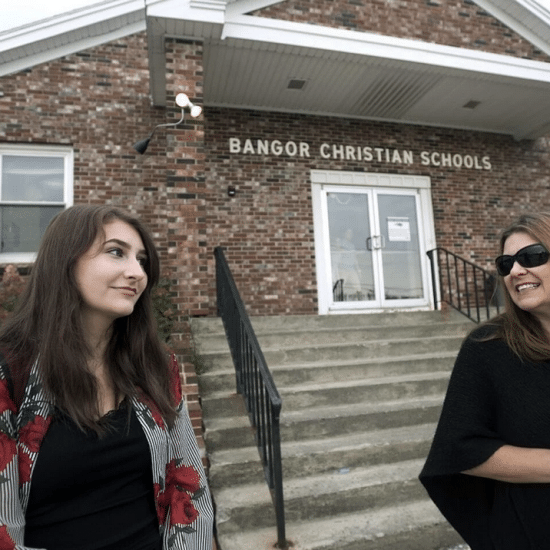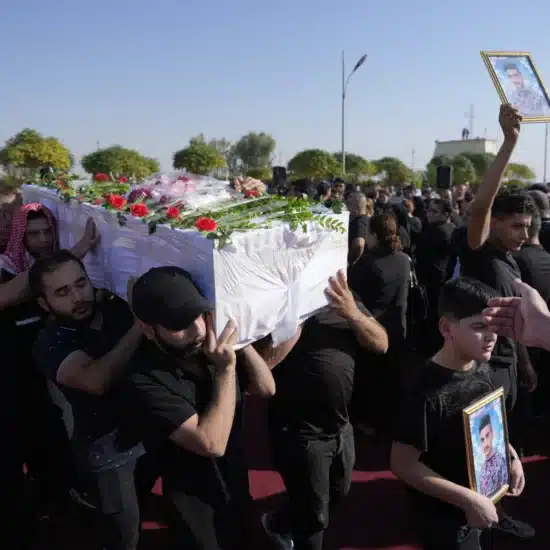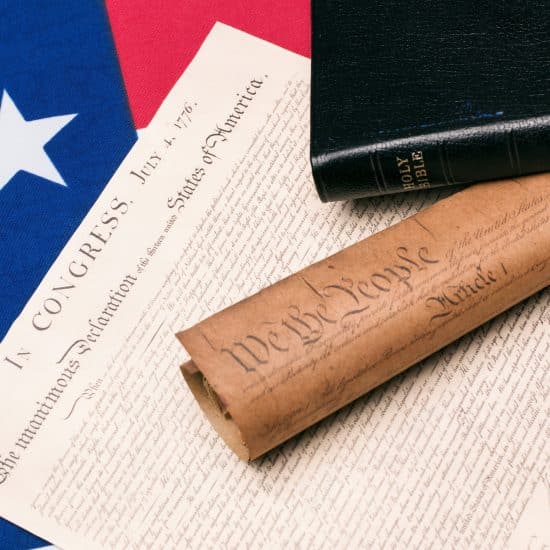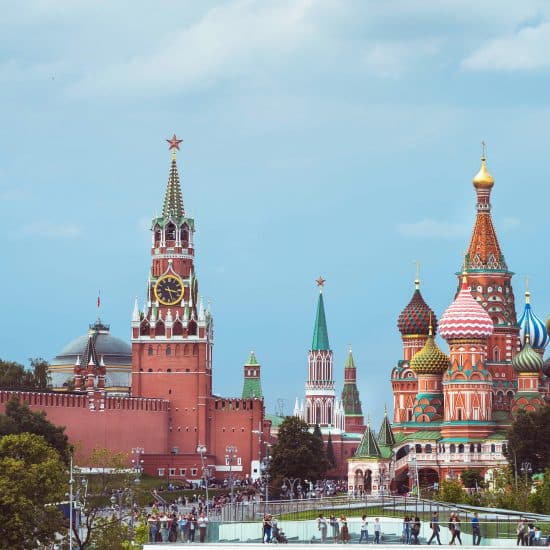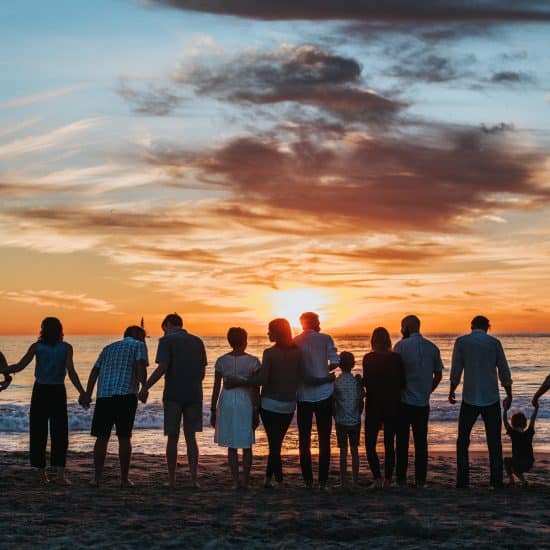RANGOON, Burma (ABP)—President Obama stressed religious freedom in a historic speech Nov. 19 in Burma, a country long beset by military conflict and regarded as one of the world’s worst oppressors of minority faiths.
Obama, the first sitting U.S. president to visit the Asian nation, also known as Myanmar, defended “the freedom to worship as you please” in a speech at the University of Yangon in Rangoon, Burma’s largest city and the former capital.
“This country, like my own country, is blessed with diversity,” Obama said. “Not everybody looks the same. Not everybody comes from the same region. Not everybody worships in the same way. In your cities and towns, there are pagodas and temples and mosques and churches standing side by side. Well over a hundred ethnic groups have been a part of your story. Yet within these borders, we’ve seen some of the world’s longest running insurgencies, which have cost countless lives, and torn families and communities apart and stood in the way of development.”
Prior to his trip, groups including American Baptist Churches USA and the U.S. Commission on International Religious Freedom urged the president to emphasize religious freedom in meetings with Burma’s president. President Obama described Monday’s bilateral meeting with Burmese President Thein Sein as “a very constructive conversation.”
While encouraged by recent progress that includes democratic elections and the release of political prisoners, human-rights advocates want the U.S. to insist on greater protection of religious freedom before increasing trade with Burma. Last year, Secretary of State Hillary Clinton visited the country, the first visit from a U.S. secretary in 50 years, and the U.S. rewarded Burma's reform gestures by restoring full diplomatic relations.
Burma remains on the State Department’s list of Countries of Particular Concern for “egregious, ongoing and systematic” abuses of religious freedom, a designation first earned in 1999 under the International Religious Freedom Act.
In a Nov. 17 letter to President Obama, American Baptist leaders said “we continue to be gravely concerned by human-rights violations, particularly as they pertain to ethnic nationalities.”
Katrina Lantos Swett, chair of the U.S. Commission on International Religious Freedom, sent a similar letter drawing particular attention to the plight of minority Muslim and Christian communities in the Rakhine, Kachin and Shan states of Burma.
According to official statistics, approximately 90 percent of Myanmar’s population practices Buddhism, 4 percent practices Christianity and 4 percent practices Islam. Among ethnic groups including the Kachin, Chin and Naga, however, Christianity is dominant, the legacy of western missionaries.
Baptist ties to Burma date back nearly two centuries to 1813 when Adoniram and Ann Judson landed in Rangoon as the first American missionaries in the country. The following year, the first national organization of Baptists in the United States formed to unite autonomous Baptist congregations in support of foreign missions. Commonly called the Triennial Convention because it met every three years, the organization split over slavery in 1845 into separate bodies known today as American Baptist Churches USA and the Southern Baptist Convention.
In his speech, President Obama encouraged Burma to view its diversity “as a strength and not a weakness.”
“I say this because my own country and my own life have taught me the power of diversity,” Obama said. “The United States of America is a nation of Christians and Jews, and Muslims and Buddhists and Hindus and non-believers. Our story is shaped by every language; it’s enriched by every culture. We have people from every corners of the world. We’ve tasted the bitterness of civil war and segregation, but our history shows us that hatred in the human heart can recede; that the lines between races and tribes fade away. And what’s left is a simple truth: e pluribus unum — that’s what we say in America. Out of many, we are one nation and we are one people. And that truth has, time and again, made our union stronger. It has made our country stronger. It’s part of what has made America great.”

